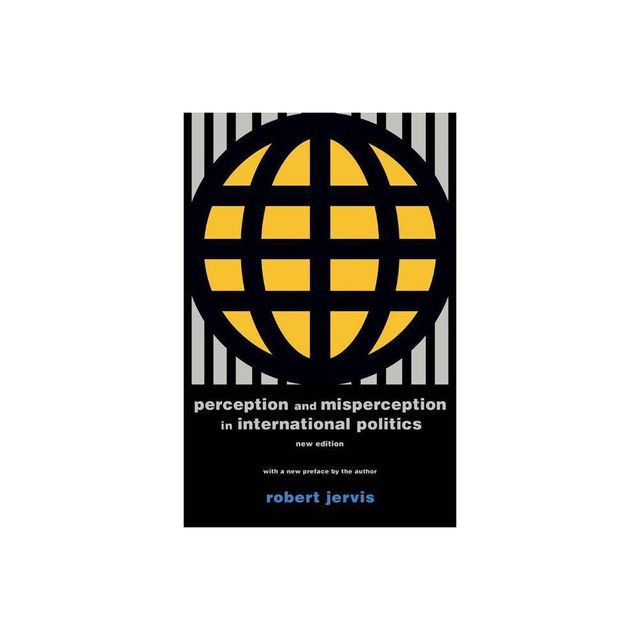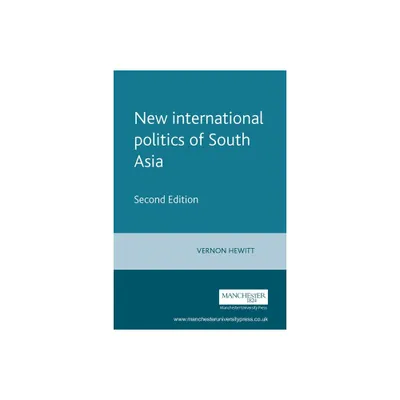Home
Perception and Misperception International Politics: New Edition
Loading Inventory...
Barnes and Noble
Perception and Misperception International Politics: New Edition
Current price: $115.00


Barnes and Noble
Perception and Misperception International Politics: New Edition
Current price: $115.00
Loading Inventory...
Size: Hardcover
*Product Information may vary - to confirm product availability, pricing, and additional information please contact Barnes and Noble
Since its original publication in 1976,
Perception and Misperception in International Politics
has become a landmark book in its field, hailed by the
New York Times
as "the seminal statement of principles underlying political psychology." This new edition includes an extensive preface by the author reflecting on the book's lasting impact and legacy, particularly in the application of cognitive psychology to political decision making, and brings that analysis up to date by discussing the relevant psychological research over the past forty years. Jervis describes the process of perception (for example, how decision makers learn from history) and then explores common forms of misperception (such as overestimating one's influence). He then tests his ideas through a number of important events in international relations from nineteenth- and twentieth-century European history.
is essential for understanding international relations today.
Perception and Misperception in International Politics
has become a landmark book in its field, hailed by the
New York Times
as "the seminal statement of principles underlying political psychology." This new edition includes an extensive preface by the author reflecting on the book's lasting impact and legacy, particularly in the application of cognitive psychology to political decision making, and brings that analysis up to date by discussing the relevant psychological research over the past forty years. Jervis describes the process of perception (for example, how decision makers learn from history) and then explores common forms of misperception (such as overestimating one's influence). He then tests his ideas through a number of important events in international relations from nineteenth- and twentieth-century European history.
is essential for understanding international relations today.


















